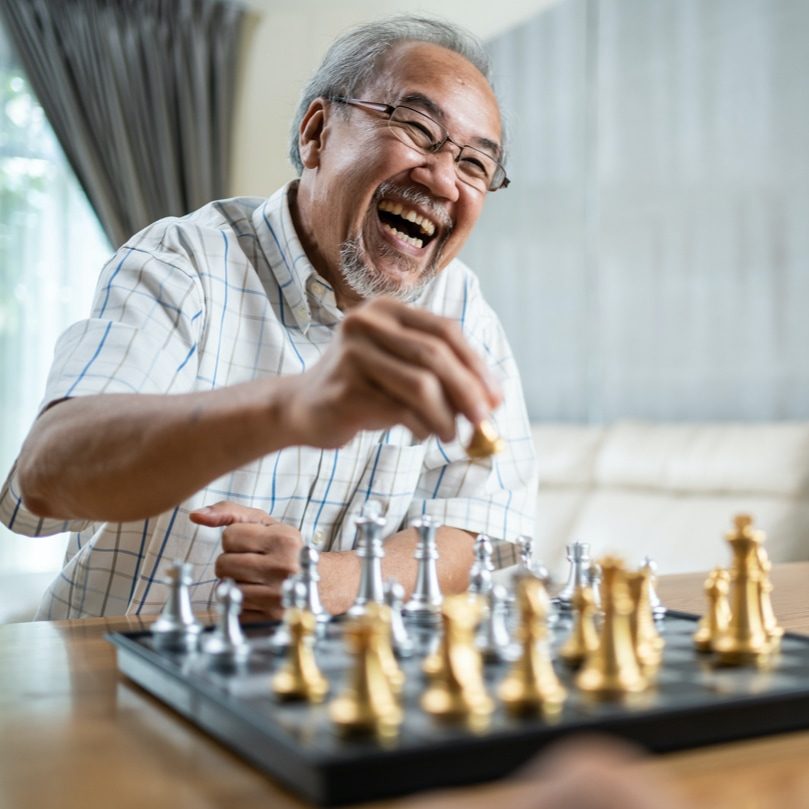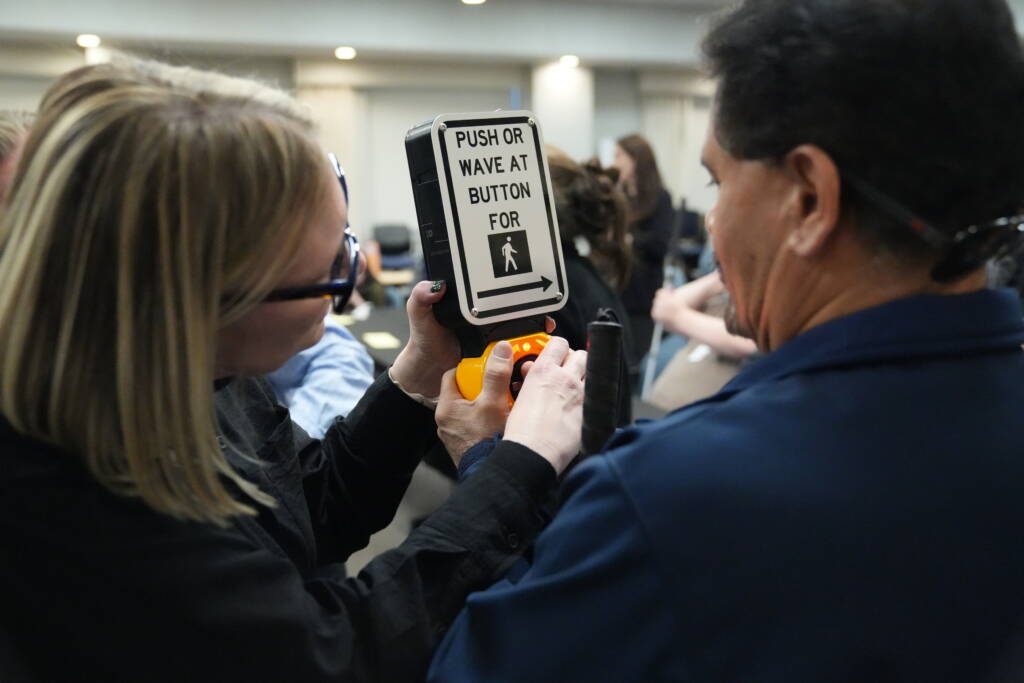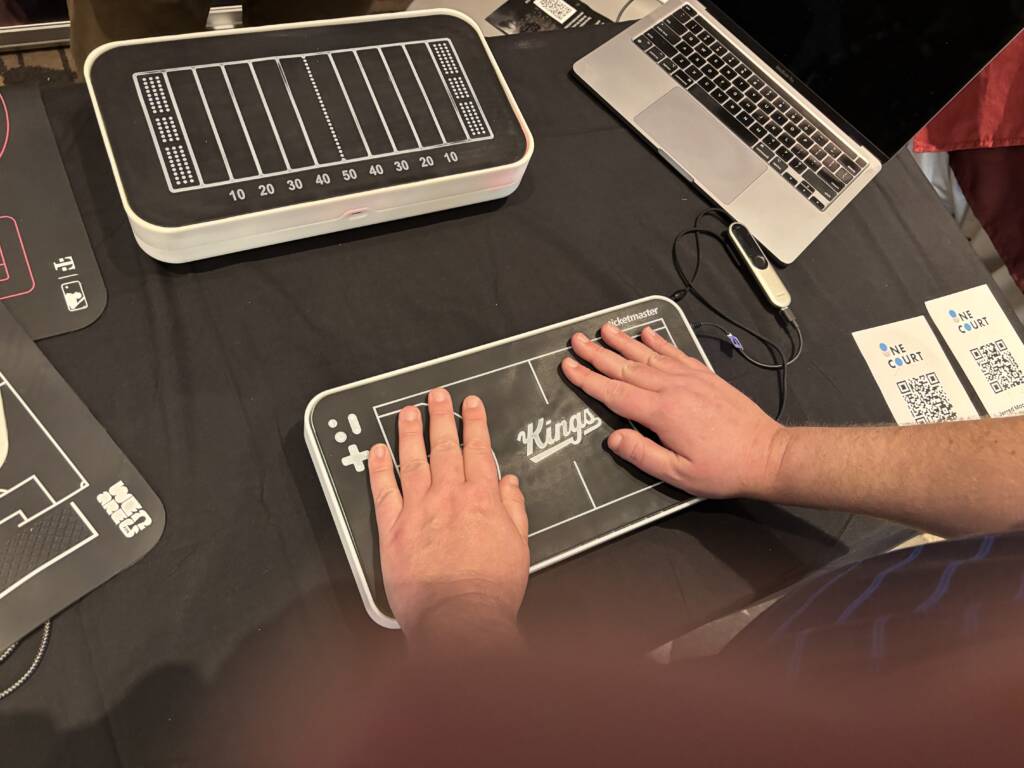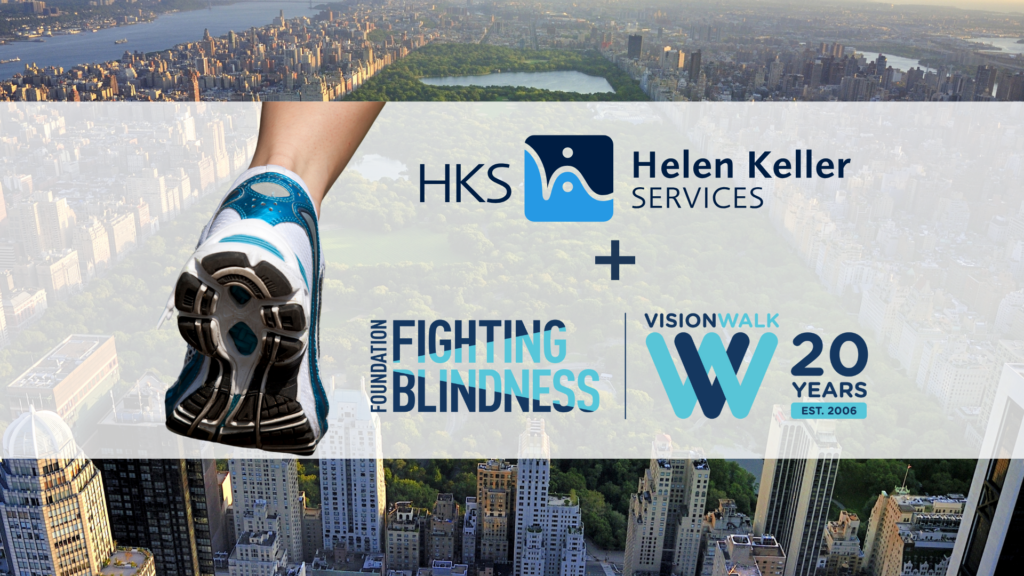Advancing Access Through Innovation
Overview
Adaptive Living Program
Most vision loss is a result of age-related eye disorders such as diabetic retinopathy, macular degeneration and glaucoma. Whether it comes on gradually or suddenly, a change in vision can leave you with a lot of questions: What do I do in an emergency? Can I continue to live alone? How do I figure out what adaptive equipment is right for me? Where can I go for help? At HKSB, we’ll help you to find the answers, providing you with the guidance, training and devices you need to handle challenging situations with confidence.
After an intake assessment, our staff of experts will help you to set rehabilitation goals and make a plan to achieve them. You’ll receive individualized rehabilitation and low vision services tailored to your specific needs.
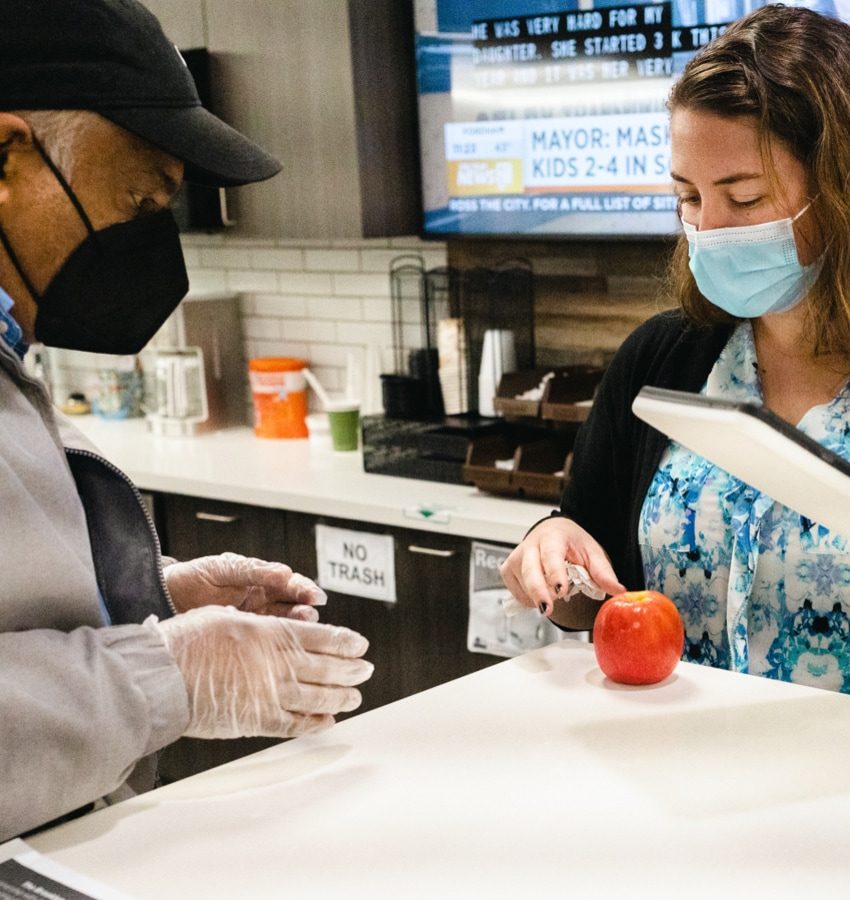
Adaptive Living
What We Offer
During the program, you’ll have the opportunity to be examined by a low vision doctor, try out the latest in low vision aids, learn strategies to help you take care of your home, travel safely, and get support from a social worker who has experience helping people adjust to vision loss.
Low Vision Evaluation
Receive evaluation from a certified low vision specialist and learn how to maximize your remaining vision and utilize adaptive equipment.
Daily Living Skills
Learn strategies to safely cook, clean and manage your medications.
Travel Safely
Learn to safely navigate within your home and your surrounding communities.
Support from Social Worker
Receive one-on-one counseling or small group support to assist in adjusting to vision loss.
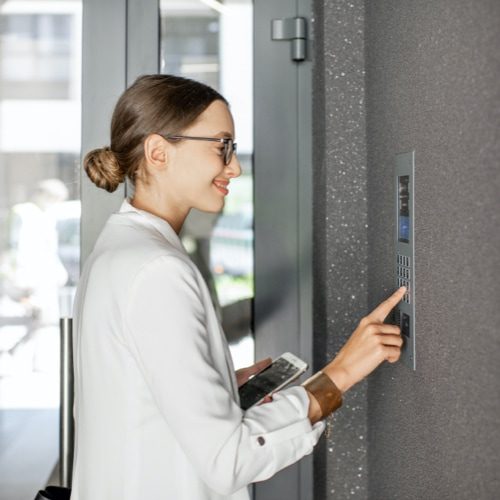
Voices From the Community
Sherry, an HKSB vision rehab therapist, made a house call to Mitchell, bringing him adaptive equipment that will help put his daily life in focus.
Sherry , HKSB Vision Rehab Therapist
Benefits
When you participate in our Adaptive Living Program, you will learn skills and strategies to safely remain in your home.
Maximize your vision
Be examined by a low vision doctor and try out the latest in low vision aids, including lenses and magnifiers.
Independence
Learn strategies to help you take care of your home, travel safely, enjoy leisure activities and more.
Emotional Support
Get support from a social worker who has experience helping people adjust to vision loss.
Community Resources
Find out about services and resources that are available to you.

